In June, the Supreme Court issued its ruling on affirmative action in college admissions, significantly limiting how colleges can consider race during the selection process. T. Peaches Valdes, dean of admission and financial aid, spoke with Wellesley’s editor, Lisa Scanlon Mogolov ’99, about how the College is adapting to the new landscape the ruling created while maintaining its commitment to diversity.
Mogolov: Why is having a diverse student body so important?
Valdes: One of Wellesley’s characteristics as a liberal arts college is that it is a 24/7 learning experience. And part of that is about who you bring into that community. The types of conversations that happen within the classroom, within the hallways, the dining halls, the residential halls, within your working environment, are all impacted by the people you’re with. Every single person you engage with on this campus has a different story and different experience. That’s the important aspect of diversity, the fact that you are going to have these interactions, these encounters with people from different walks of life, that will prepare you for a world that is extremely diverse.
How has this ruling changed how Wellesley recruits a class?
Although the decision limits our ability to consider race during the application review process, we have a really strong foundation of recruiting practices to build on that enables us to encourage a wide range of students to apply. We are a school that is committed to inclusive excellence, one of the top reasons [why we have a strong foundation]. We celebrate diversity as a force for positive change in this world, we are a need-blind institution, and we meet 100% of calculated need. Our commitment to access is another reason. I think we already built, prior to COVID, an infrastructure within the admission office that creates access and lowers barriers. We created a robust suite of virtual offerings and have maintained those, because we know how accessible they can be. The fact that we are still in a test-optional pilot is another way that we show our commitment to access and lowering barriers for students to apply.
So it sounds like the Supreme Court decision doesn’t affect how you recruit.
No, what we will do is build on the foundation we have. It’s about really building the pipeline, expanding our funnel of applicants. In addition to the virtual programming, we reintroduced on-campus programming this past spring. So now we have student-led physical tours that we’ll be offering throughout the year. We also are expanding our partnerships with other colleges and universities. We will travel with schools such as Carleton, Barnard, Scripps, Yale, and Princeton to areas around the country we may not have been able to travel to before.
You’ve spoken with colleagues at colleges and universities in other states that had previously banned affirmative action. What did you hear from them?
There is no one way to solve this situation. There is no silver bullet. It’s about investment of time and resources, and it’s about a steady commitment. In one year, we’re not going to solve everything and have all the right answers. I’ve been saying it’s not a sprint, it’s a marathon. So it’ll take us a longer time, but we have to be steady, and we have to remain committed to this process.


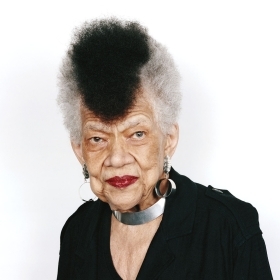

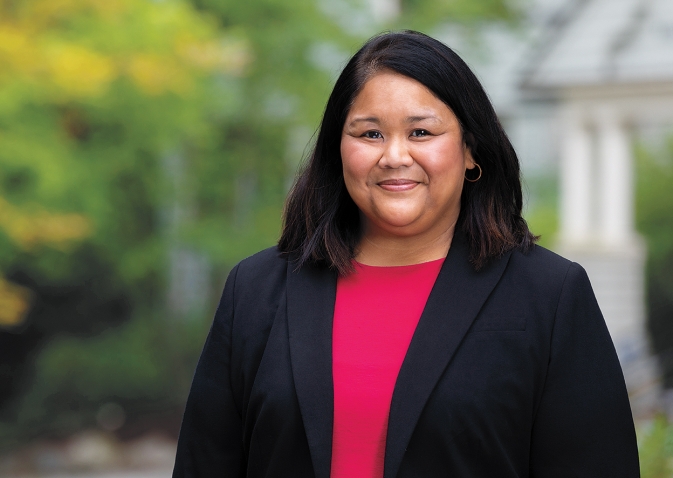
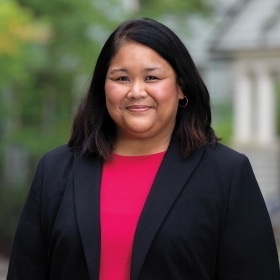
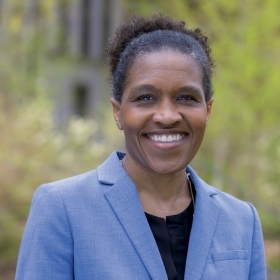
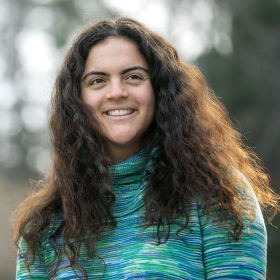
We ask that those who engage in Wellesley magazine's online community act with honesty, integrity, and respect. (Remember the honor code, alums?) We reserve the right to remove comments by impersonators or comments that are not civil and relevant to the subject at hand. By posting here, you are permitting Wellesley magazine to edit and republish your comment in all media. Please remember that all posts are public.